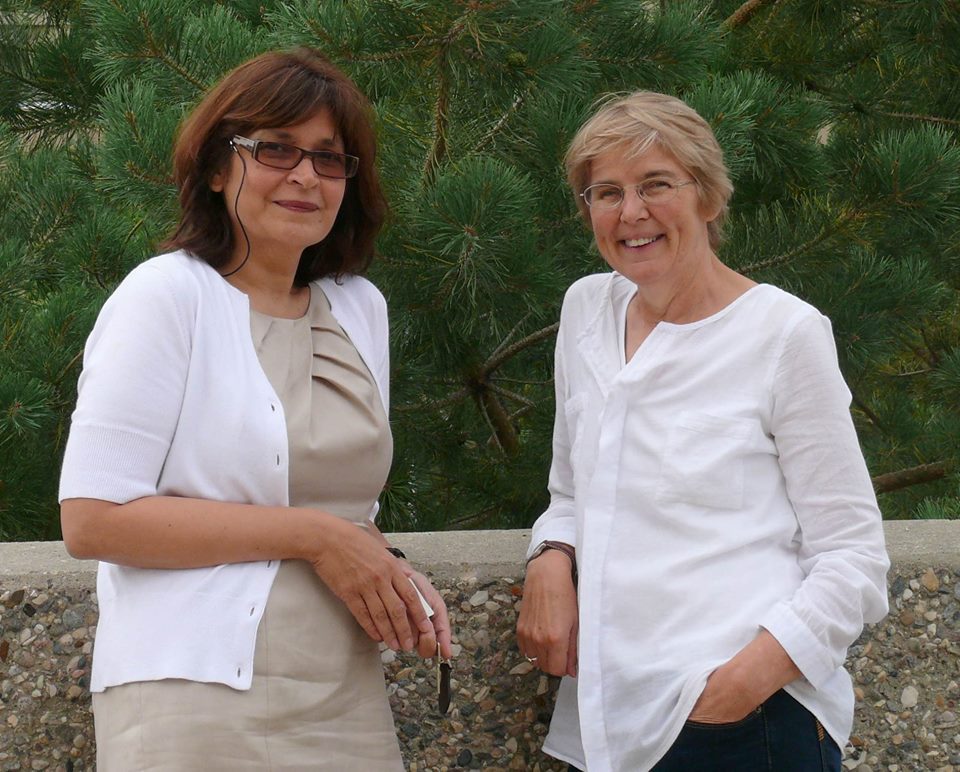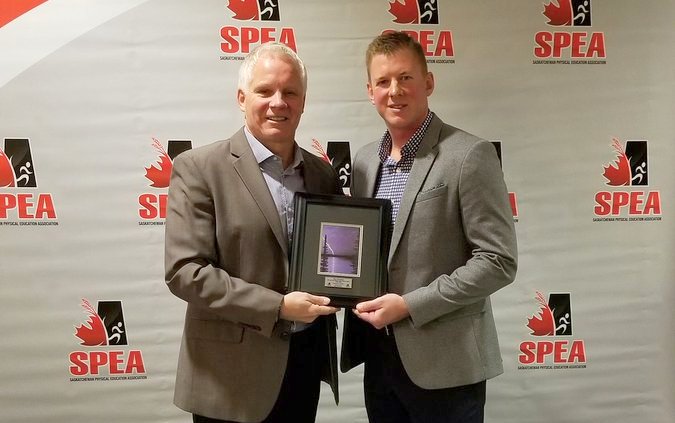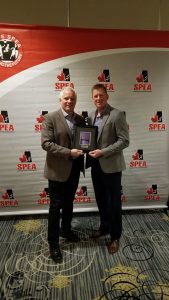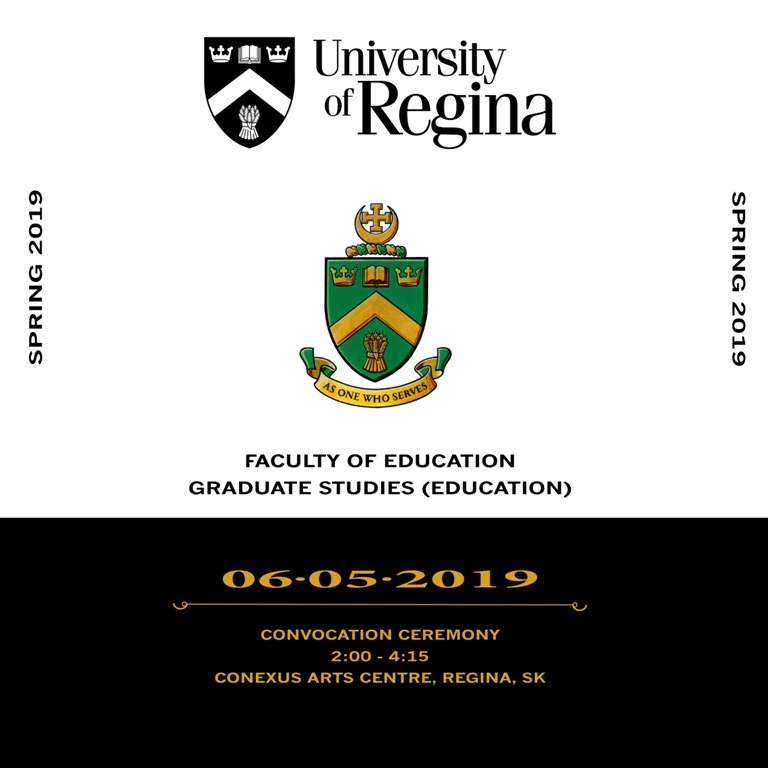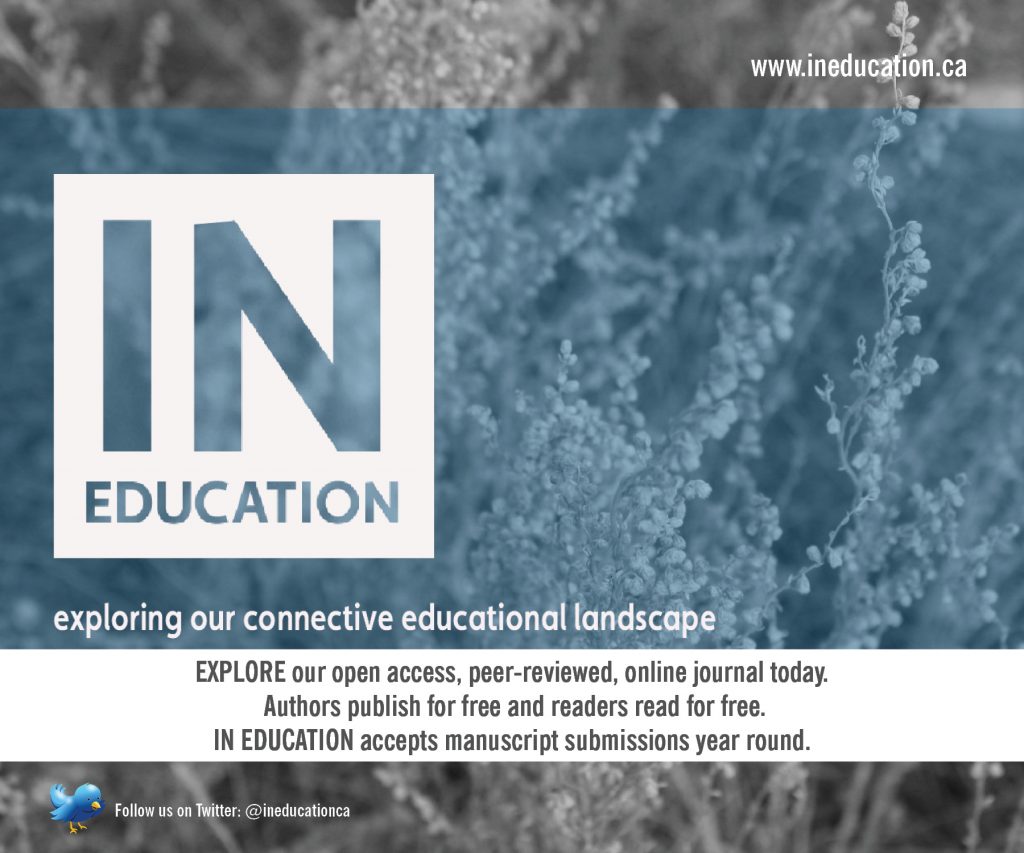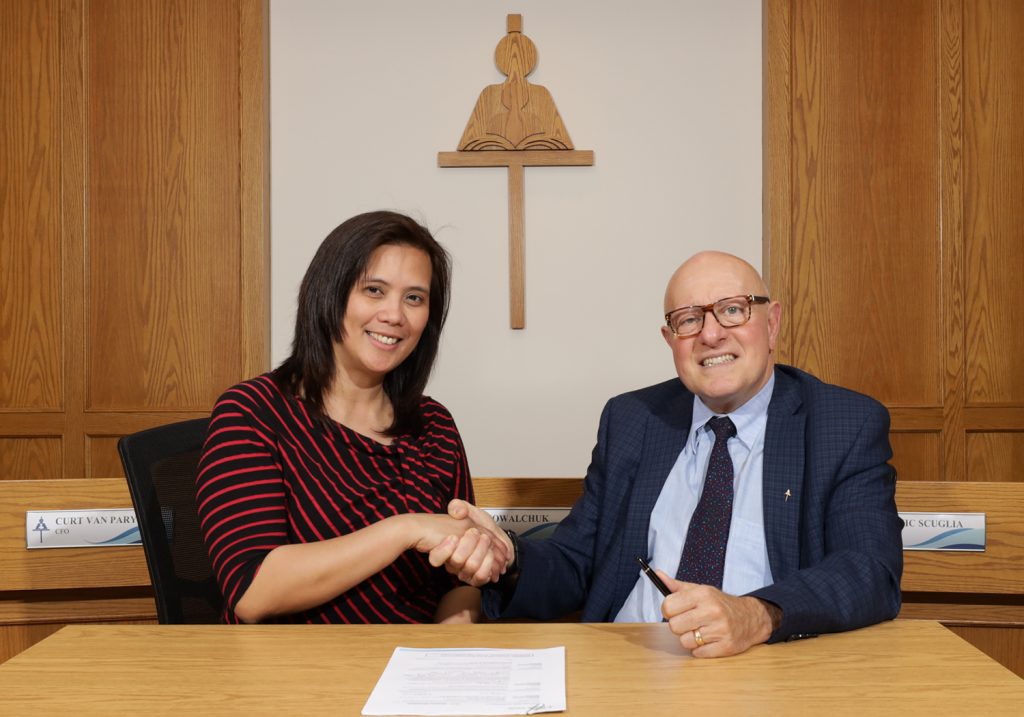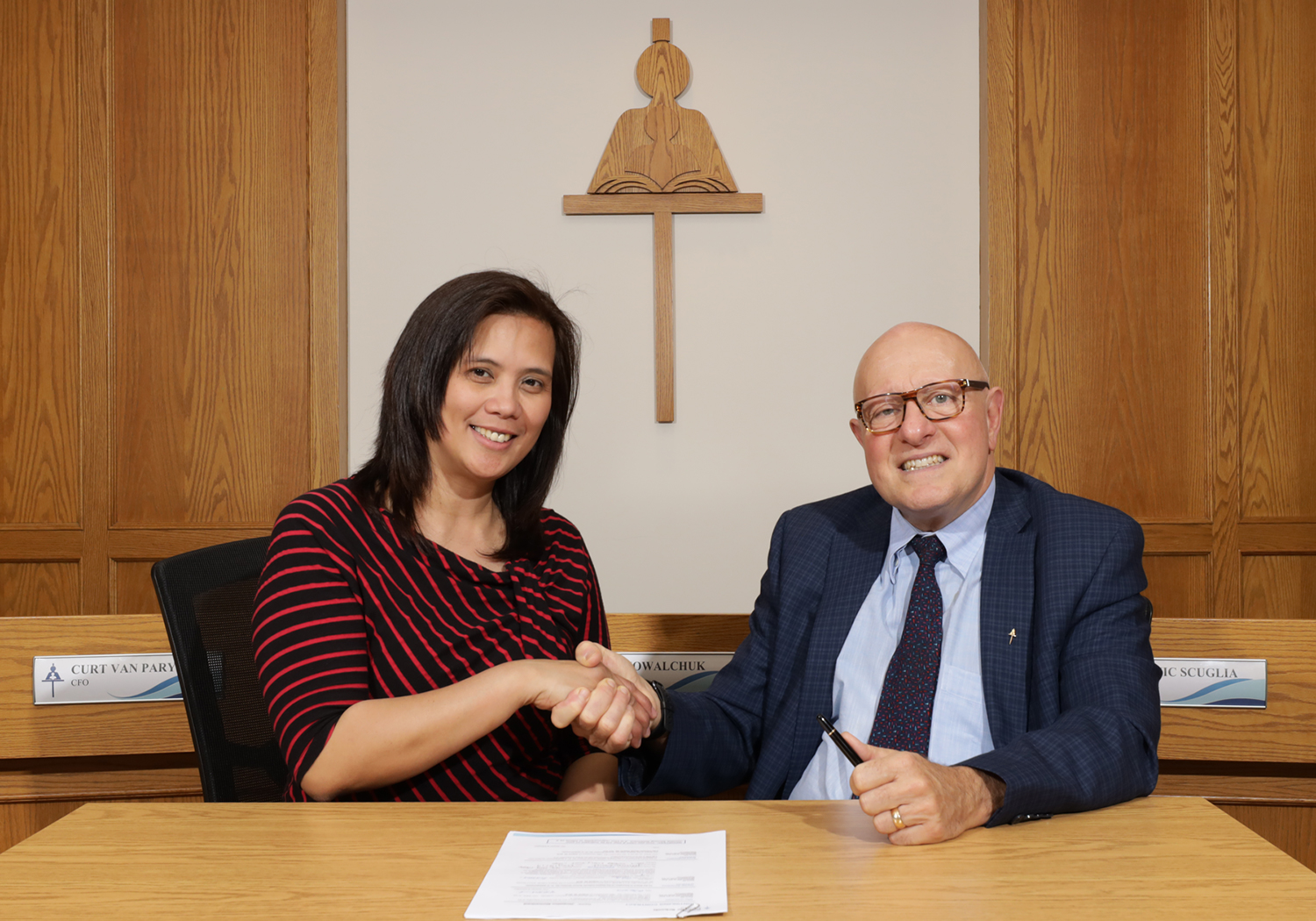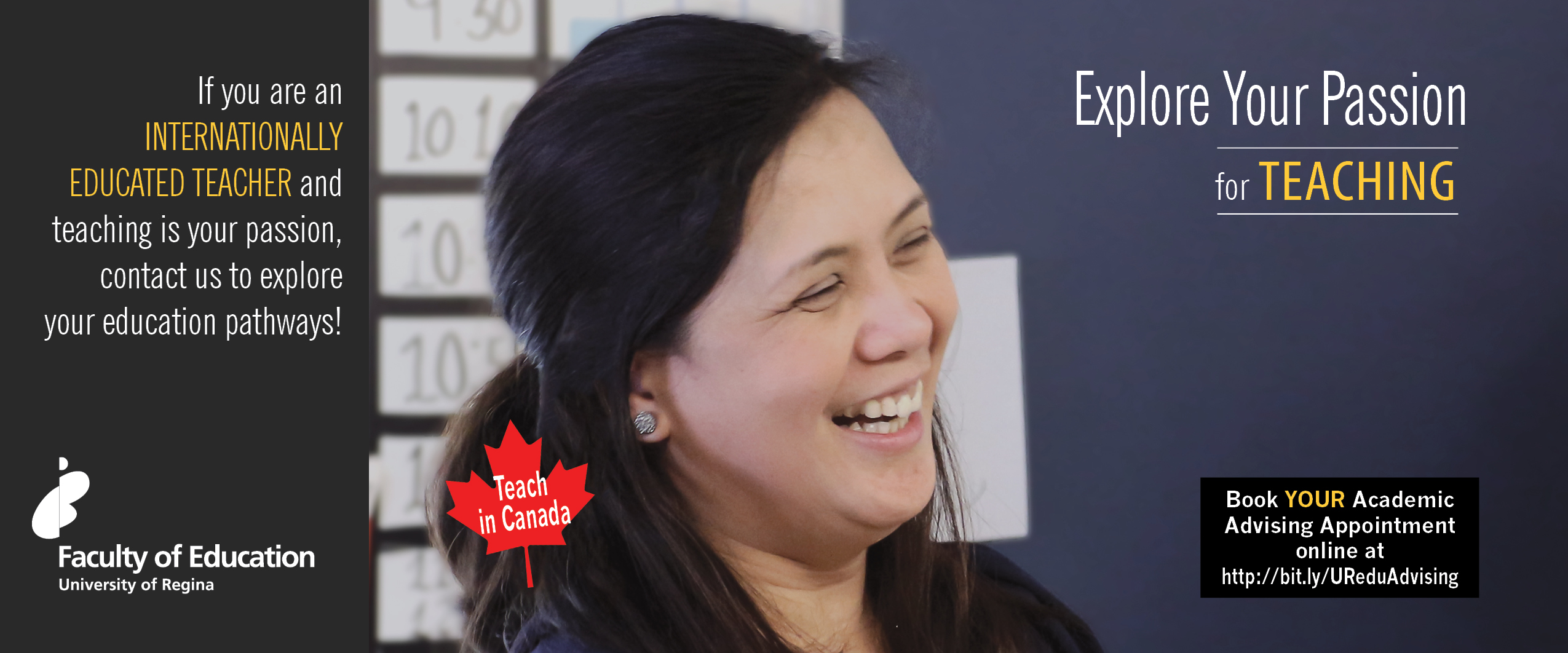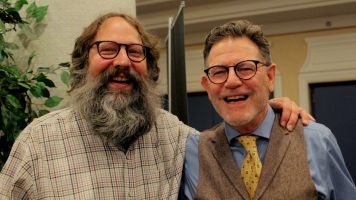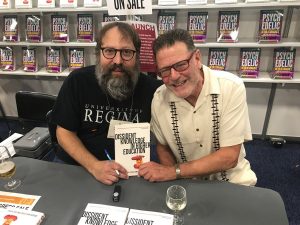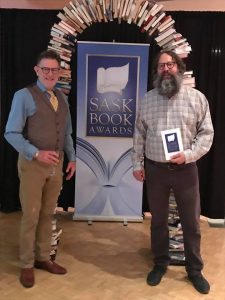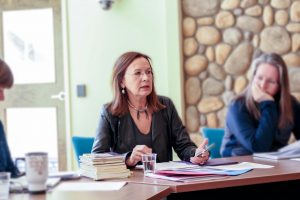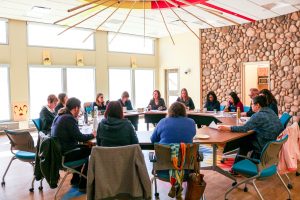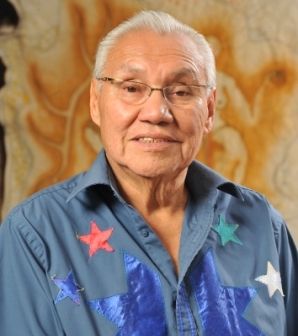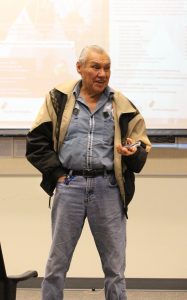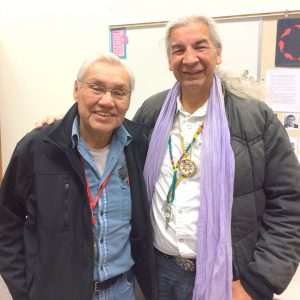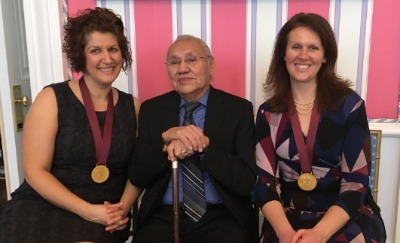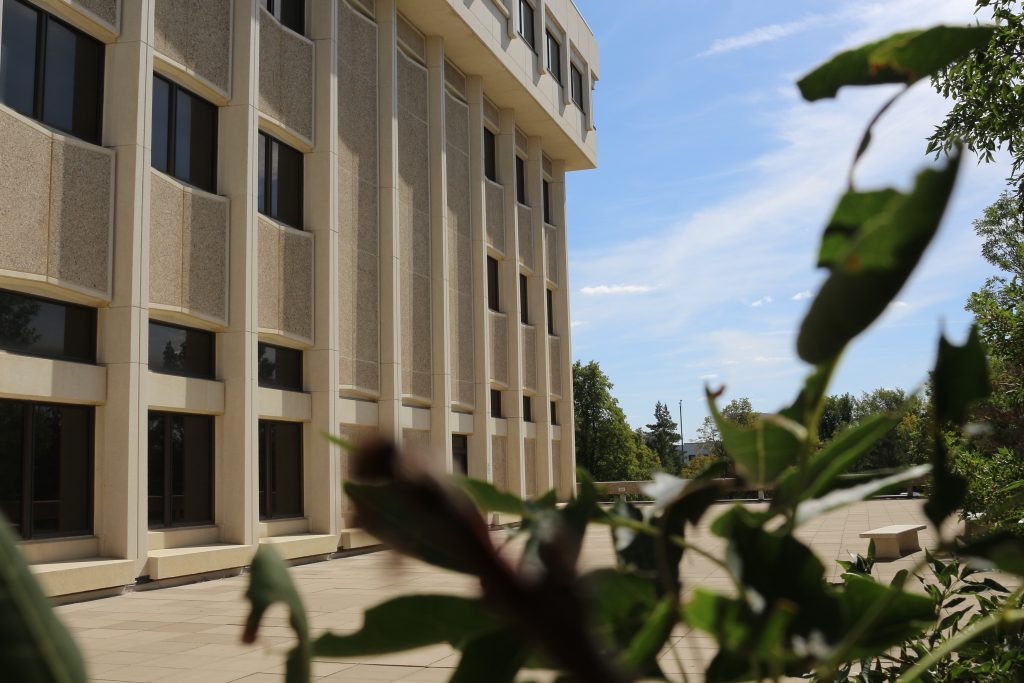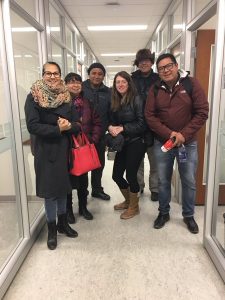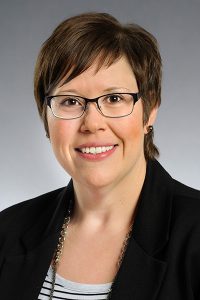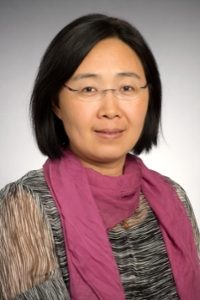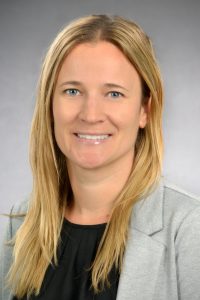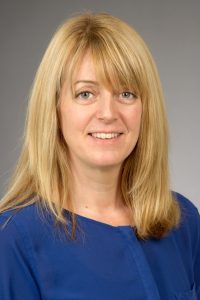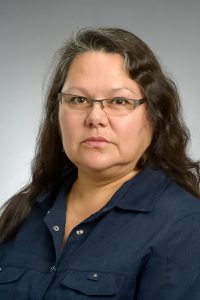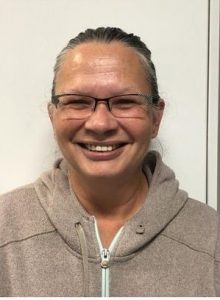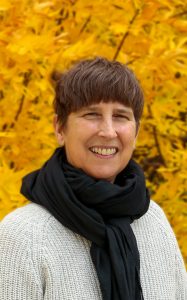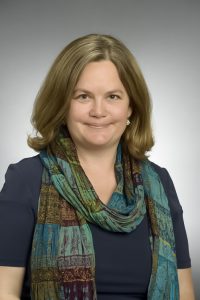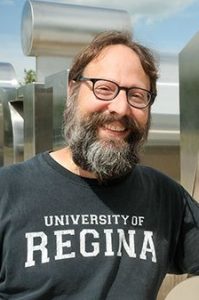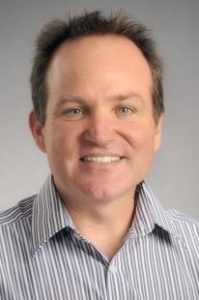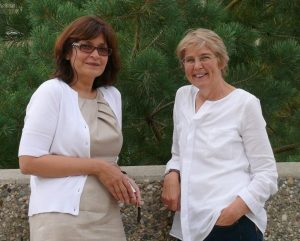
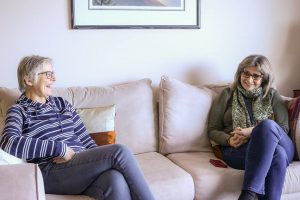
Dr. Fatima Pirbhai-Illich (University of Regina) and Dr. Fran Martin (University of Exeter) speak candidly about how working collaboratively across multiple differences, including interculturality, spirituality, disciplinary, and personality differences, though difficult at times, has
informed their research into decolonizing approaches to pedagogy, extended their network of research collaborators, and broadened their vision and impact as well as establishing a lifelong friendship.
Shuana: How would each of you describe yourself personally, academically, and professionally?
Fatima: At a personal level, I describe myself as a human being in relation with the world, and with people around me and nature and so forth. But more so, a very spiritual being; I’m very connected spiritually to both esoteric and to the materiality that we have around us. Academically I categorize myself as being transnational, and professionally as an educator, and a learner. I’m a learner at each stage of everything I do. As a researcher, my focus is to work with marginalized and minoritized communities, to understand what harms and injustices have been done and that continue to be done, and I try to figure out a way to ameliorate the harms and injustices. …to do something that is going to be more sustainable, but also to try to understand issues of power around those injustices and to address the power imbalance so that it’s not just about fixing something, it’s more structural change, systemic. How can we work within an ethical framework that includes my spiritual ways of being and to work ethically with and across difference.
Fran: When I describe myself personally, I start with my family; I’m very connected to my family. I’m a twin. I come from a farming background. I’m gay. Academically and professionally, there is a blending between my personal self and my professional self in terms of who I am: one blends into the other. So, why do I say that? My professional self is an educator even from when I first trained to become a teacher and went into early years education, and then from there went into being a teacher advisor, and then from there into higher education working with preservice teachers and so on. I always have had a desire to make a difference and focused more on student voice, and trying to support those whom I perceived to have less of a voice in their education to have more of a voice in their education. In those early days, I was far less aware of how I acted systematically and institutionally; it was more on an individual basis. I’ve come to know more, far more, about that working with Fatima. …My brothers and sisters and myself are all boarding school survivors. I think it was hugely damaging to us in some ways. It gave us lots of advantages from the type of education we received. But emotionally it was probably quite damaging. So we have all grown up to be people who care about fairness, and obviously a particular view of what fairness means, and justice in different ways. I’m sure that’s from where, partly, the need to support student voice came, because in the boarding school I didn’t have any voice at all.
I went into geography education initially, and that has to do with the farming background and living on and in the land. All of our family ways of being, our family funds of knowledge, revolved around the seasonal and daily patterns of farm life, my dad being a farmer. A lot of that has moved into my interests in being a educator as well.
Fatima: And just as your life revolved around farming, our life was determined by the spiritual aspect. Even while you’re here, Fran, I have to look at a calendar and see what special prayers we have today before I can make a decision about what we can do. The spiritual dimension comes first before anything else.
Shuana: Is it because you’ve had to move a lot, that spirituality is more important than place? Fatima: I come from Tanzania, East Africa, a country that was colonized by the Portuguese, the Germans, the Omanis, and the last ones were the British, and so we’ve had to learn how to adapt with each colonizer. During the time leading to independence and soon after there was a lot of civil unrest, people that could afford it, or even if they couldn’t, would borrow money to send their kids abroad to study. That was the start for me. I went to Kenya to study, and then to Canada to do my bachelor’s degree, and Surrey, UK to do my master’s degree, but I couldn’t get a job. I think in those days (1985-88) Canadians were pretty racist, overtly racist. That’s when the moving from here to there started: life circumstances that forced me to move or to leave and try something different.
Shuana: How, where, and when did the two of you meet?
Fatima: We met in Australia. I was on sabbatical in 2013, and Fran was, too. We met through a mutual friend I was staying with while teaching at the Australian Catholic University at that time.
Fran: And, I was in Newcastle, doing some work with a teacher educator there, and I let our mutual friend know that I was in the area because Newcastle is only a train ride away from Sydney. She said, ‘You must come down. I’ve got this other friend staying at the moment and you’d get on.’ So I went.
Fatima: The interesting thing was, we were having a drink, enjoying olive tapenade with pita bread, and we were sitting at the table and as we started to talk, we realized how similar our work was, although in different areas, but so similar and yet here we were, I was from Canada, Fran from the UK, and we were working in silos. And we thought, you know, we should pool our knowledges together and see what we can do with our combined knowledge. Literally that is when we started collaborating.
Shuana: What was the similarity you recognized?
Fatima: The intercultural part was the similarity. Learning to understand difference, it’s an intercultural exchange and Fran’s work also does that. Fran: At that point I was just coming to the end of a research project that looked at the intercultural dimension of study visits for teachers and preservice teachers from the UK to West Africa, in one instance, and southern India in the other instance. The research took a postcolonial lens on the nature of the relationship between the countries and the context that provided for the ways in which individuals interacted with each other and learned from each other, and the ways in which people positioned each other because of that colonial history. We got talking about interculturality and criticality and that’s where it started.
Fatima: I had incorporated critical service learning with the ERDG 425 course where students learn how to work with difference and still having issues around the colonial mentality and colonial educational paradigm that we’re engaged in and Fran was looking at it from the international perspective—Fran: global north, global south—Fatima: The whole point was that if we’re going to try to dismantle colonial ways of thinking, being, viewing, and doing, then doing it in Regina alone is not going to take it far. But if you can do it at a global level, and take it to the seat of colonialism, England, then that would possibly make it more effective, not even effective, more consciousness raising, and— Fran: far-reaching.
Shuana: How did you develop and grow this collaboration? What were your next steps?
Fran: Two things really: first was that we were invited by the academic who I had been staying with in Newcastle to consider putting a chapter together as part of a book that she was editing. We agreed to do that. Fatima was involved in a project in Sydney that presented some possibilities for working together, as well. We also thought if there were opportunities for us to act as visiting scholars at each other’s universities that maybe some other opportunities might present themselves. So we did that. We both sought ways in which we could spend some time in each other’s contexts. Fatima: We sought funding from the University of Exeter, SIDRU [a research unit in the Faculty of Education], and the University of Regina President’s SSHRC grant. Fran: At Exeter, as part of the internationalization of the University, we have two associated visiting academic funding schemes: One for inviting an academic to come and work with you and the other to support you to go and work in another university.
Shuana: What were your initial expectations of this relationship? Did you see how this would unfold?
Fatima: We jointly worked out what we would need to do in order to get to where we are now. That included working with people at the University of Exeter, and working with other partners outside of the Faculty of Education. …Exeter provided that environment to be able to engage in discussions with other colleagues, to build our own thinking, and to move to a different space and place theoretically and at a practical level. I had support from the University of Exeter and the continued support is that I’m considered an important part of their research group, an associate member of the new—Fran: It’s now called the Creativity and Emergent Education Network. This collaboration has developed into a network— we have contacts in New Zealand, the United Kingdom, other members in Canada, some in Brazil, and Europe—which was partly facilitated by our both being invited by Vanessa to—Fatima: the Ethical Internationalization in Higher Education research project. Vanessa Andreotti from UBC had a massive grant. We were about 30-40 collaborators in about 20 universities worldwide. We became part of a fabulous network and we still have this network.
Shuana: The network is a really important aspect, then? Fatima: I think so. I think we have to move out of our comfort zone and be able to reach out to others. But we have to be comfortable in our own skin, and in who we are. Because I think when you are working with other educators from around the world—we all have different talents and strengths and weaknesses—we’ve got to be able to learn how to complement each other rather than compete with each other. The whole concept of competition, which is what the academy, the neo-liberal agenda is pushing, we’ve got to disrupt it… If we understand that we can be successful,…we can be cooperative, but ethically cooperative. We have to let go of a lot of pride and arrogance. It’s all about being humble, about having humility. Fran: Our professional relationship, however, is the core of what we do. Most of the empirical research takes place here. That’s, for us, the focal point of a much larger network.
Shuana: You are both researchers in difference and intercultural relationships, and you also have this dynamic in your relationship. How are differences resolved in your working relationship, and how has this relationship informed your work?
Fatima: Just to foreground, I have spent 55 years of my life learning about the other and learning to live with the other and I still don’t make it. It’s taken me 55 years to be where I am today, to be able to somewhat integrate and to be able to play the game, to navigate who I am outside of my home and who I am inside my home.
Fran: It’s been both the most rewarding and the most uncomfortable of relationships because to be true to the work that we are interested in, we have to really be prepared to look—I had to be prepared to look deep inside myself and become much more aware of the background I come from: the fact that I am British, White, middle to upper class, I’ve had loads of privileges in life. I was completely unaware of how many doors those opened to me that would have been closed to people like Fatima. At the beginning, and not wanting to own some of that stuff, it’s been uncomfortable. It’s been a really, really steep learning curve. But I would say that the way that we learn from our dynamic and theorize around our dynamic—and there have been times that I thought I don’t want to theorize around Fatima’s dynamic anymore; it has felt a bit like that, but obviously that is just in the moment—but if we can’t do it as researchers ourselves, then how can we possibly do it as part of the research we are focussing on or the hope that teachers work with students in particular ways… We have to do the work ourselves, as well, is what I’m saying.
One of the things I’ve learned that is hardest about the critical interculturality is to focus or stick with the differences and try to really start to understand what is behind those differences rather than just staying at the superficial level—it’s not about resolving them, it’s about understanding them as deeply as you possibly can, how differences relate to a whole set of socio-cultural historical complexities. Even in the most apparently innocuous type of conversation, a misunderstanding can arise because of those differences. It’s enriched, I feel, what we’ve done together and what’s been possible and been uncomfortable and—Fatima: difficult.
Fatima: What Fran has been working on over the past 6 years, I’ve had to do since I was five or six. It’s difficult for somebody who hasn’t had that lens before, to start looking from a different lens. I’ve seen Fran struggle and I’ve seen her get frustrated…but I know she’s got to figure it out. I won’t say anything and then she’ll come back, and she’ll say, ‘Oh, I understand.’ At times, I find it frustrating as well, but what I end up doing is I say, ‘Let’s just carry on.’ So it’s a personality difference, but it’s also that the spiritual part of my way is to let it go.
Fran: I sometimes think that if I was not gay, if I had not in the 1970s and 80s struggled with my sexuality, and then subsequently had a lot of counselling and support to be comfortable in my own skin, I’m not sure that we could have worked together in this way. So, although I haven’t had the 50 – 60 years of learning the game and all the rest of it that Fatima has had to learn, there have been elements of difference in me that I’ve had to learn about and be comfortable with. Fatima: She was positioned or categorized as being different, and also as not being acceptable, really. And that understanding of her own identity has kept her open to learn about difference and trying to work with difference.
Shuana: Do you have an intentional strategy for your friendship when differences arise?
Fran: Personally it’s a strategy I’ve developed through counselling: When something feels most uncomfortable, that is the very thing you should look at. Go away and think about, then come back when the heat has died down a little bit.
Fatima: It’s one of my conditions that truthfulness and honesty is in the relationship: honesty has to be on the table all the time or I would walk away.
Shuana: Would you say your working relationship has translated into a lifelong friendship?
Fatima: (laughing) Oh dear! I’m going to have a party on Monday [when Fran leaves for the UK]. I think yes, we’re very close. Fran: You’re one of my best friends. Fatima: I feel very safe with Fran. I feel very safe to tell her what I’m thinking, how I’m thinking. And, trust—it isn’t just about feeling safe, it’s also about trust. Trust has developed over time, over the 6 years that we’ve been working together.
Shuana: What does that future vision look like?
Fatima: This part of the research is complete now. We are moving onto a different level of work, which is informed by the last 10 years of work. It’s not that we are finished working with each other; we are finished with what we’ve been working on. Fran: We are moving into the impact and influence phase. Fatima: We have developed an imaginary of what a decolonial relationship in education would look like, so we’re writing a book for preservice teachers and for educators to see the possibilities of working with difference. And our next phase, now, is to move into professional development for educators in higher education, at the university level. How does someone work in a decolonial way to educate students?… we want to look at it from a decolonial lens, from more pluralistic and more cosmopolitan ways of being and doing.
Fran: A few years ago, at a joint U of Regina/U of Exeter event, we made some contacts with some people in the UK. One contact in particular runs a community interest company, which is working with both in-service teachers and teacher educators. He calls it cooperative values-based education and he has become very interested in what we are doing, and likewise we are interested in what he is doing. He’s trying to work in ways that bring values and ethics back into what counts as education because in the UK we are so driven by the neo-liberal commodified version of education where everything is about assessment, targets, pupils are clients, input/output, everything is value for money…He’s trying to work with teachers who want to work otherwise than colonial. But there is also a decolonizing movement that has started in England, and we’re in at ground zero. Universities are coming to understand that they are not going to be able to do what they have been doing. All the others are focusing on the curriculum. Our focus is on the relationship and then the curriculum will follow.
Shuana: What would you say was the most significant, most exciting moment in your work thus far?
Fatima: When we discovered that we’d actually developed this imaginary that was working, that we could see how this could work in education. We weren’t even sure if it was going to be a heuristic, a framework, or an approach, and then we decided it had to be called an imaginary, because its so many possibilities. Fran: The work is all about trying to re-imagine what educational relationships are all about. Fatima: Within that educational relationship, it’s about relationship to people, to the space, so we’re taking in posthumanism—I don’t like to use the word posthumanism because this concept has existed for thousands of years in other communities…, —Fran: Human and more than human? Fatima: Yes, [the imaginary] encapsulates all that. I’m enthralled with it. We’ve seen how what we’ve been doing each year, how we’ve grown from our own understanding for how we can do it, and we can see the possibilities for our others to take this on.
Fran: I would say that equally my own personal shifts and growth, as a result of this relationship, opening my eyes and understanding to things that I was completely ignorant or unconscious of before. Ignorant in the sense of you don’t know what you don’t know. Fatima: I love working with Fran. Fran: Fatima’s generosity—as we’ve gotten to know each other, we’ve opened up our families to each other, as well, and Fatima has opened up her faith and given me insights that I would never have got otherwise, and that has been immensely rewarding.
Shuana: Key message to other researchers?
Fran: I would always recommend that researchers collaborate but in order to successfully collaborate, first of all you need to be in it for the long term, and secondly, you need to be prepared to stick through all the really, really tricky stuff.
Fatima: Critical relationality is the key to a long-term collaboration.
